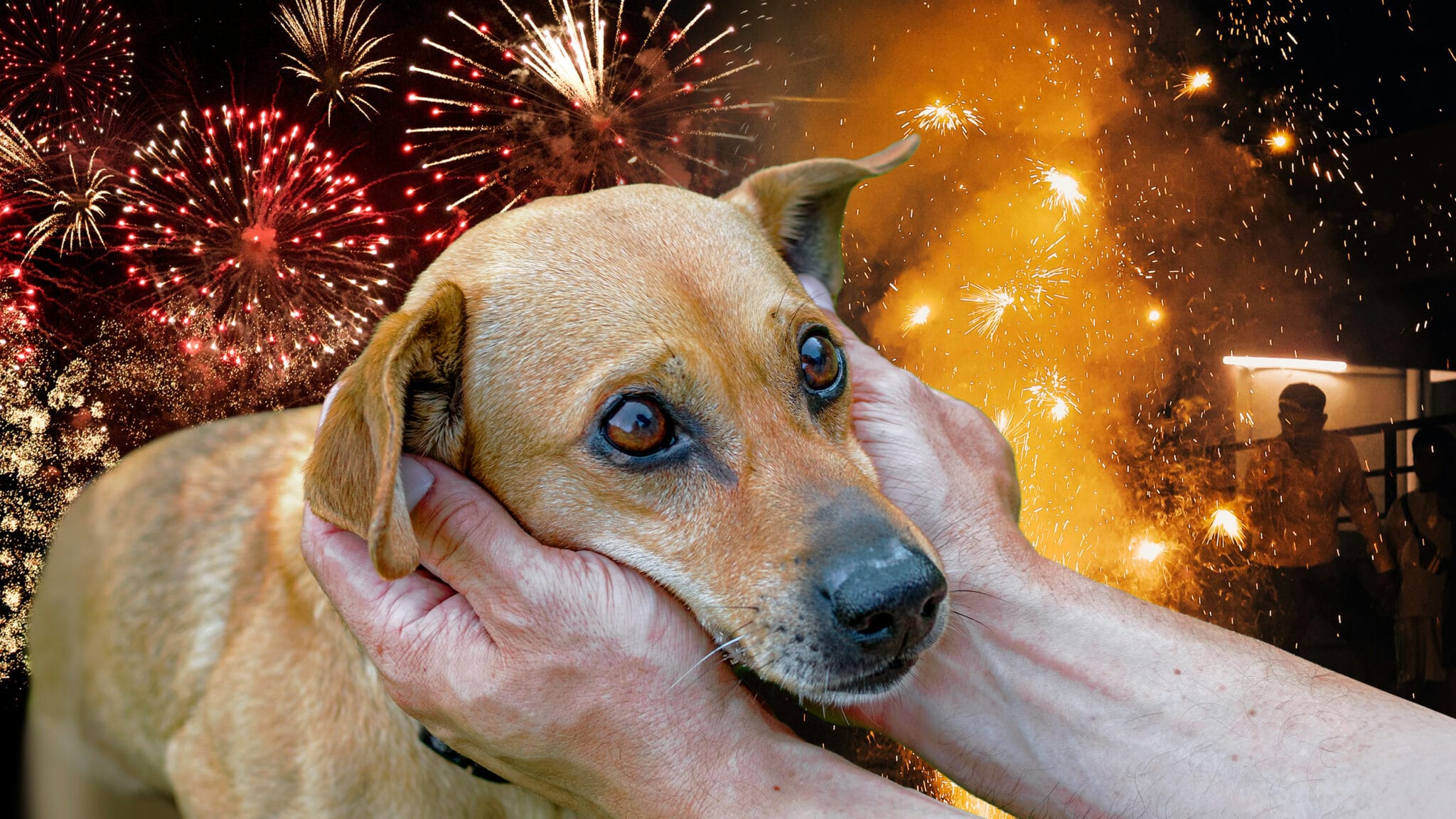Día De Los Reyes Was The First Time I Allowed My S.O. To Experience My Culture
For many who regularly take part in the holiday season, Christmas traditions are strongly tied to religious beliefs and practices. The ways in which the customs around the holiday season are carried out often deeply rooted in cultural rituals and they often vary from family to family. For my Puerto Rican family, the holiday season is drawn out well past the first of January when radio stations reel back on the jingles and Mariah Carey classics. For us, the Twelve Days Of Christmas sales or songs we know of don’t relate to the days leading up to December 25, but rather the twelve days in between Christmas Day and January 6 The Epiphany, a biblical day that marks the final leg of the Three Wise Men’s journey to deliver gold, frankincense and myrrh to Jesus Christ.
Día De Los Reyes has always been an especially important day for my family. The fact that “reyes” is my mother’s maiden name has only made the day a little sweeter.
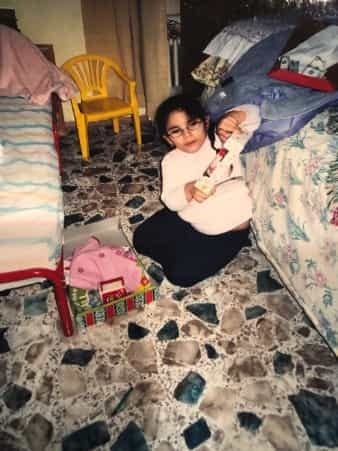
A more popular holiday back on the island, my abuela and abuelo Reyes brought their traditions to the mainland with them in the 1950s.
On the evening of January 5, each member of my family from grandfather to my youngest sobrino pull out cardboard shoe and clothing boxes (all marked with our names, drawn on and decorated over the years with crayons, markers, and glitter pens) to take part in a tradition that we hold dear in our hearts. After we’ve filled the boxes with snacks like carrots, lettuce, and sometimes grass for the Three Kings’ camels to munch on as they pass through our town we stick the boxes under our beds. Finally, just as we would with Santa Claus, we write the Three Kings–Los Reyes–a handwritten note wishing them safe travels as the journey to see the baby Jesus hoping that as they did with him on that first Epiphany, they’ll leave a small gift or token of some sort under our boxes.
Dia De Los Reyes functions similarly to Christmas Eve in my family. We all wake up and check under our boxes to see if we were good enough this year to receive any gifts. We’d go to mass together, where as kids we’d hope that maybe Los Reyes stayed in town with their camels long enough that day to be at the church community center to pose for photos. We would visit family and eat pernil and arroz con gandules, dishes reserved for celebrations and holidays.
As I got older I went to mass only sometimes and stopped looking to get my photos with Los Reyes.
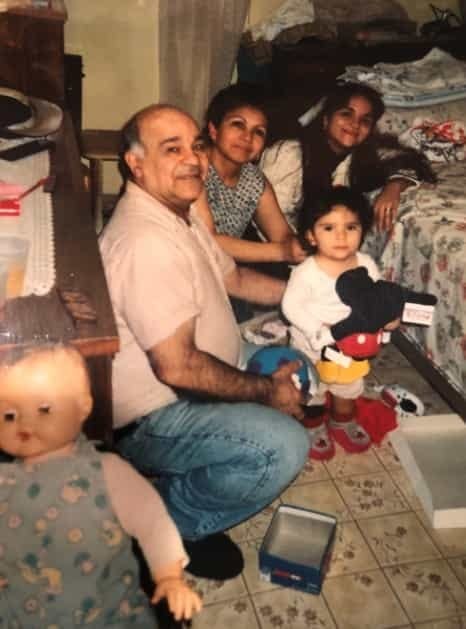
I never stopped checking my box for gifts though, or remembering each rey by the names older relatives taught me to write in my letters: Balthasar, Melchior, and Gaspar. As an adult I focused on new ways to celebrate “being a king,” as my family would say, and took on the role of expert coquito maker.
When I started dating and began wanting to bring boyfriends home for the holidays, part of my new role during the holiday season also unintentionally became one of both gatekeeper and teacher of my Puerto Rican culture. As a sophomore in college, I brought my then boyfriend home for December for the first time. In my household, Noche Buena, Christmas Day, New Years Day, New Year’s Eve, and Dia De Los Reyes were all days set aside for family, exclusively. I knew not to ask for exceptions, and in the past had willfully or grudgingly passed up holiday and New Years parties to honor the expectation of being en familia.
But in my twenties I badly started to yearn for my first New Years kiss and wanted, even more, to share part of my twelve days of Christmas with somebody who mattered to me.
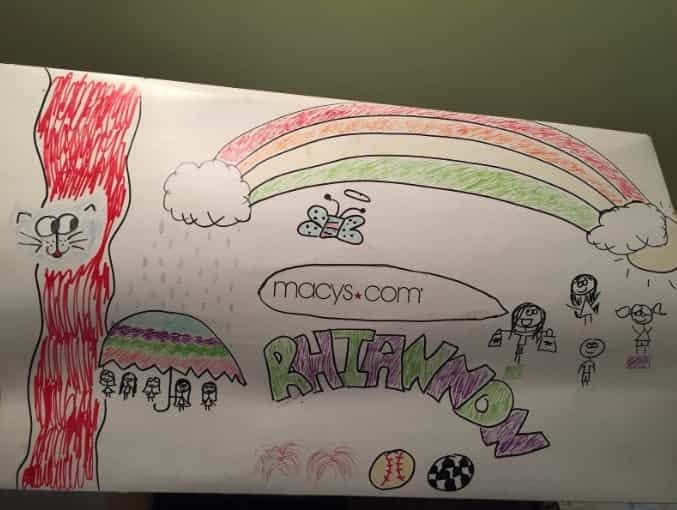
My parents, on the other hand, were hesitant. Dia De Los Reyes was about Los Reyes, as in my family.
My boyfriend was someone they saw a few times a year and knew of only from phone calls, letters, texts, and video chats. Someone so unfamiliar certainly wasn’t considered family, and moreover someone who wasn’t Latino couldn’t possibly understand the sanctity of the day we’d honored so lovingly all our lives.
Most concerning of all, Dia De Los Reyes is also known among some circles as “the poor man’s Christmas,” my grandparents’ explanation being that back in the days of Jesus, being a king didn’t mean wealth like it means today. It meant that the giftschildren and observers receive in their boxes today are small, like a $10 gift card, socks, some mittens, or maybe candy. The last thing my family needed was for some guy they didn’t know to reach into an old shoebox of all things, pull out socks, and think we were cheap. With some convincing and a little grumbling, my family allowed me to write my boyfriend’s name on a box, fill it with lettuce and put it under my bed on January 5.
That night as I lay in bed, I did feel nervous knowing that I was bringing somebody into such a special part of my life that no one had ever seen before outside of my parents. Earlier in the day, I made sure to explain to him how seriously my family took our family only traditions, and how it wasn’t just about the religious holiday but the namesake that ties us to one another. I felt silly as I highlighted decorating beat-up boxes as one of my favorite traditions, something I hadn’t ever admitted out loud. Quiet and reserved, he listened to my stories but didn’t ask any questions.
In the morning, I still had my family only morning mass and our opening of gifts, but later that day my boyfriend was invited over for pasteles, coquito, and the checking of his first and only Three Kings Day box.
My parents observed with critical eyes as he went through the motions of our traditions, seeming charmed by the gifts of a hat and gloves left resting on top of torn up shreds of lettuce, proof that Los Reyes had come through our house. As he followed our lead I sat hoping that by participating in the events himself, he might better understand where my love for my culture comes from, or maybe even briefly feel the same sense of childhood joy I do on that day each year. Admittedly, it was an awkward day for everyone involved and not filled with all the magic I had hoped for. Nonetheless, I still felt proud of myself for being able to break down a barrier that had long existed between myself and not only romantic connections but a friend, too.
I wanted the opportunity to show those outside of my family the part of my identity that I hadn’t always made transparent in my daily life, even if that meant that they didn’t understand or wouldn’t “get it” at first.
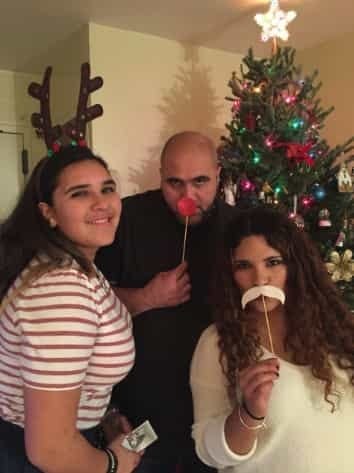
Even though the person who got to take the test run of my family only traditions and I aren’t together anymore, a few years ago he broke the mold for being able to bring others into a part of my life I was using to shutting so many close to me out of.n Maybe he did think that of us, our gifts, or the day we celebrate as cheap, but after the fact I, didn’t care. In the years that have followed, what has mattered most to me has been that I could start sharing Reyes, this name that laid down the foundation to who I am before I was ever born, and all the nuances that come with it with those I want to know me better.
This Dia De Los Reyes will be one of a few Reyes family festivities that my current boyfriend will be participating in, and another year where my family pulls out his box and welcomes his extra cheer into our holidays. While he’s still learning about my roots, I’m still learning that I can take these moments and use them to bring myself closer to my culture and my loved ones.
[br]


